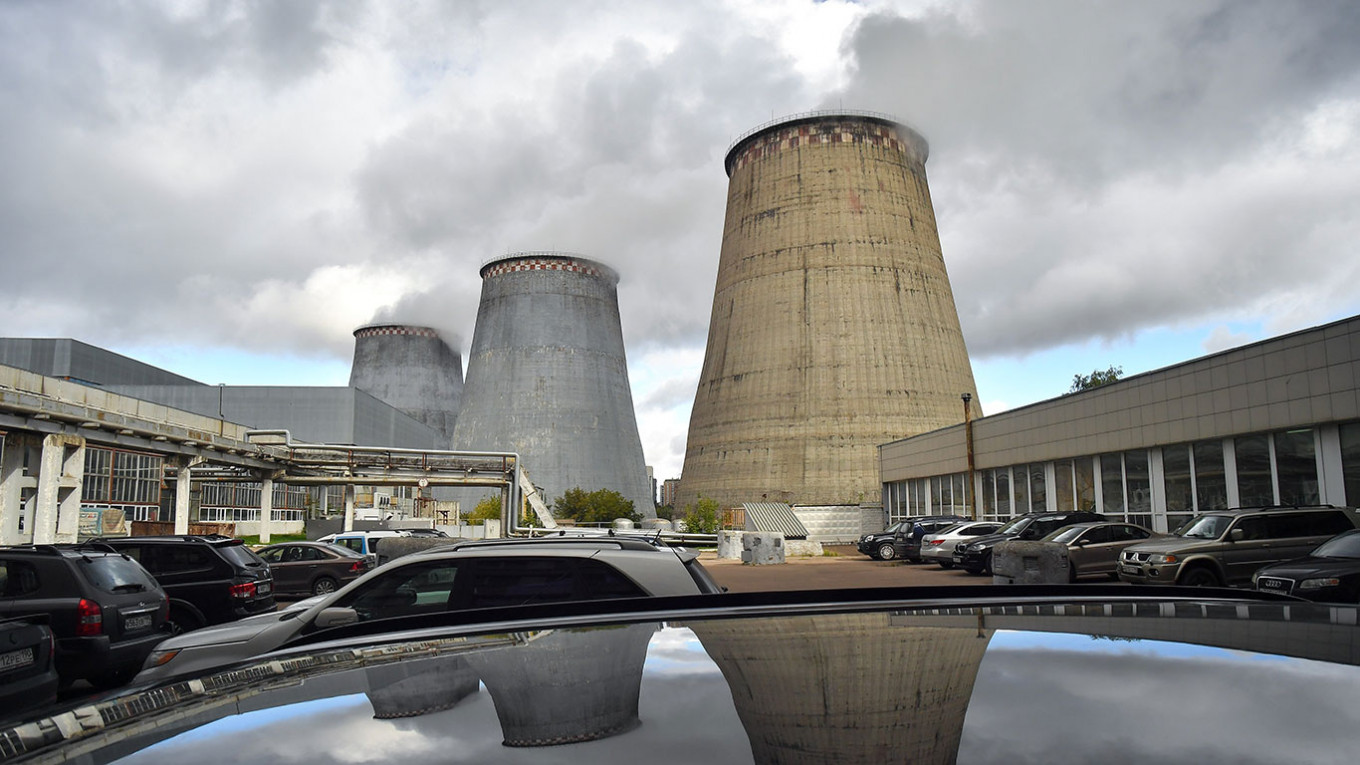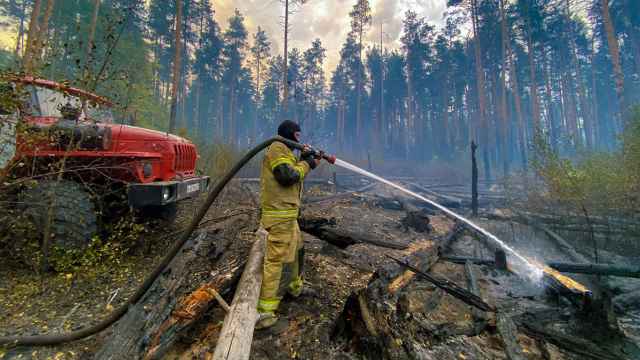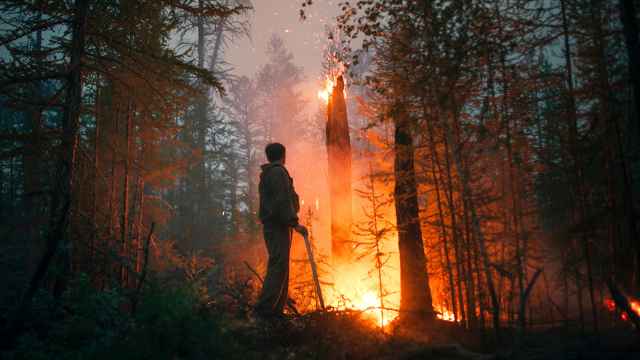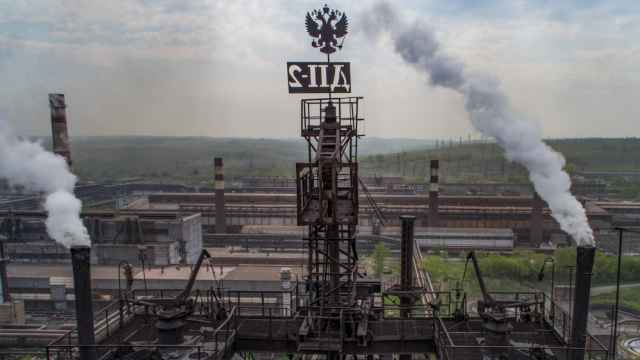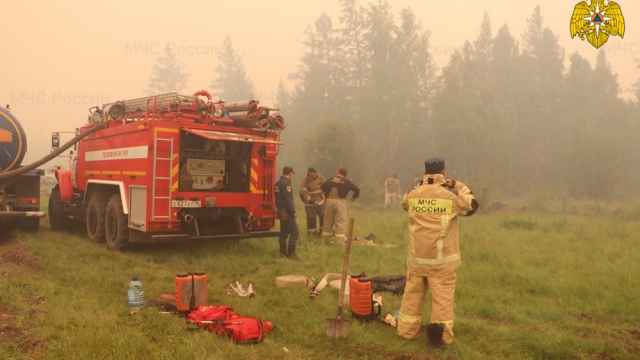Russia plans to rely on its forests and swamps to absorb enough greenhouse gases to meet its climate goals while continuing to increase its carbon emissions through 2050, the Kommersant business daily reported, citing the Economic Development Ministry’s draft strategy.
Russia, the world’s fourth-largest carbon emitter, emitted 2.12 billion tons of CO2 in 2019 compared to 3.8 billion tons by the European Union. Its emissions are projected to rise 8.2% to 2.29 billion tons by 2050, Kommersant cited the draft strategy as saying.
The low-carbon development strategy describes four possible emissions reduction plans for the next 30 years: inertial, basic, intensive and aggressive. All of them except “inertial” would make President Vladimir Putin’s goal of getting Russia’s annual carbon emissions below the EU’s by 2050 achievable, officials predict.
Russian officials consider the “basic” plan the most attractive, the RBC news website reported, even though it doesn’t call for achieving net-zero emissions by 2050, introducing a carbon trading system or phasing out fossil fuels and pursuing renewables.
Under this plan, Russia will increase emissions in every industry except transport and utilities, but the country’s overall annual emissions would still fall thanks to “natural carbon capture” by its vast forests and wetlands.
Currently, Russia’s forests absorb around 500 million tons of CO2 per year, a figure the strategy would seek to double by planting trees, reducing wildfires and restoring wetlands, as well as a new accounting method that has already been criticized by some experts.
The “basic” plan also calls for cutting 300 million tons of emissions per year by increasing energy efficiency in the electricity sector, 190 million tons through carbon capture in the fossil fuel industry and 120 million tons through carbon cuts in the utilities sector.
The Economic Development Ministry’s draft plan must receive approval by other government agencies before it becomes official.
Last month, Putin signed a law that requires the country’s top polluters to report their greenhouse gas emissions to regulators.
While Russia, the world’s fourth-largest carbon emitter and top energy exporter, has committed to reducing its emissions under the Paris Climate Agreement, it has been criticized for not pursuing more ambitious reductions than 70% of emissions in the baseline year of 1990, when the Soviet collapse halted nearly all heavy industry.
It also remains one of the few major carbon emitters that have not yet presented a more ambitious climate strategy ahead of the COP26 climate summit in November as the Paris agreement requires.
Meanwhile, the EU aims to cut its emissions compared to 1990 by 55% in the next nine years and achieve net-zero emissions by 2050.


